Restrictive interventions
When you’re in hospital for your mental health, staff can use something called 'restrictive interventions' to protect yourself and others if there is a serious risk of harm.
Restrictive interventions might include:
- physically holding you to stop you hurting yourself or someone else (sometimes called restraint)
- giving you medication to calm you down quickly (sometimes called rapid tranquilisation)
- taking you away from situations which are upsetting you (sometimes called isolation or seclusion)
- removing you from other young people on the ward for a long time (sometimes called segregation).
Whenever a restrictive intervention is used, special rules must be followed. These include:
- they must also only be for the shortest time possible
- your safety and dignity must be protected throughout
- they must be written down in your notes.












